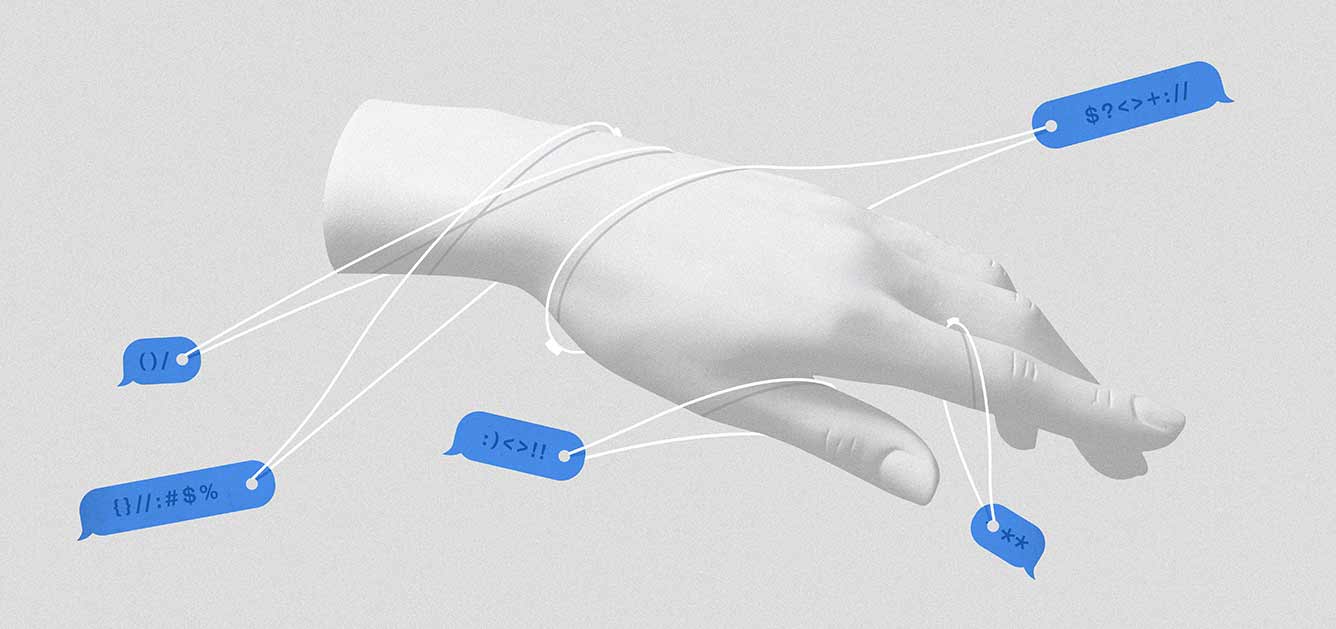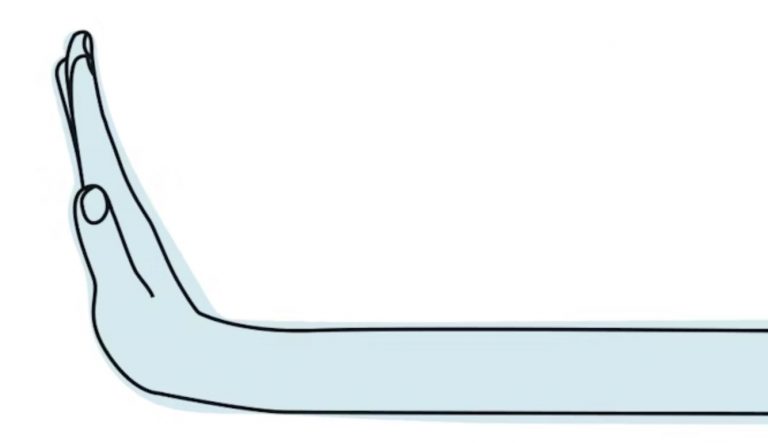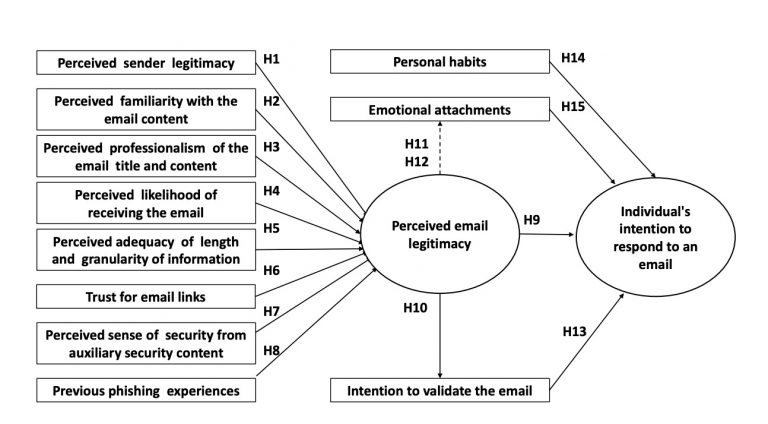Uninformed consent

Leslie K. John, a behavioral scientist at Harvard Business School, is specialized in the psychology of privacy decisions.
In this excellent cover story for the Harvard Business Review, she analyzes why people are so bad at making decisions about their private data (“They misunderstand both costs and benefits. Moreover, natural human biases, interfere with their judgment”) and how major platform companies and data aggregators have structured their products and services to exploit those biases – e.g. impatience, the endowment effect, illusion of control, desire of disclosure, false sense of boundaries – often in subtle ways.
John then explores the underlying conundrum – the complexity and opaqueness of the behind-the-scenes “plumbing” of the surveillance economy that make it effectively impossible for consumers to be adequately informed – and ends with some thoughts on regulation:
Regulation is not a panacea for the surveillance economy. It will surely introduce some new issues. There’s also more to gaining consumers – trust than merely following the law. But if we draw on insights from behavioral science and accept that consumers are imperfect decision makers rather than perfectly rational economic actors, we can design better regulation that will help realize the benefits of data collection while mitigating its pitfalls – for both firms and consumers alike.
The article (available in both print and digital form) is not only very well researched but is also written in a very accessible language. Highly recommended.
The implications of John’s article and the wider topic of tracking are then further explored in four shorter digital-only articles as part of a HBR “Big Idea” series entitled “Tracked”:
- How to exercise the power you didn’t ask for – by Jonathan Zittrain – September 19 2018
Doctors do it. Banks do it. To avoid the heaviest hand of regulation, platforms should become fiduciaries, too. - The Happy Tracked Employee – by Ben Waber – September 20, 2018
A practical guide to people analytics programs that won’t creep out employees. - Stop Thinking About Consent: It Isn’t Possible and It Isn’t Right – by Scott Berinato – September 24, 2018
Digital privacy philosopher Helen Nissenbaum goes deep on the fundamental flaws in data collection policies. - A Blueprint for a Better Digital Society – by Jaron Lanier and E. Glen Weyl – September 26, 2018
For individuals and platforms, the future requires a fundamental economic shift.



